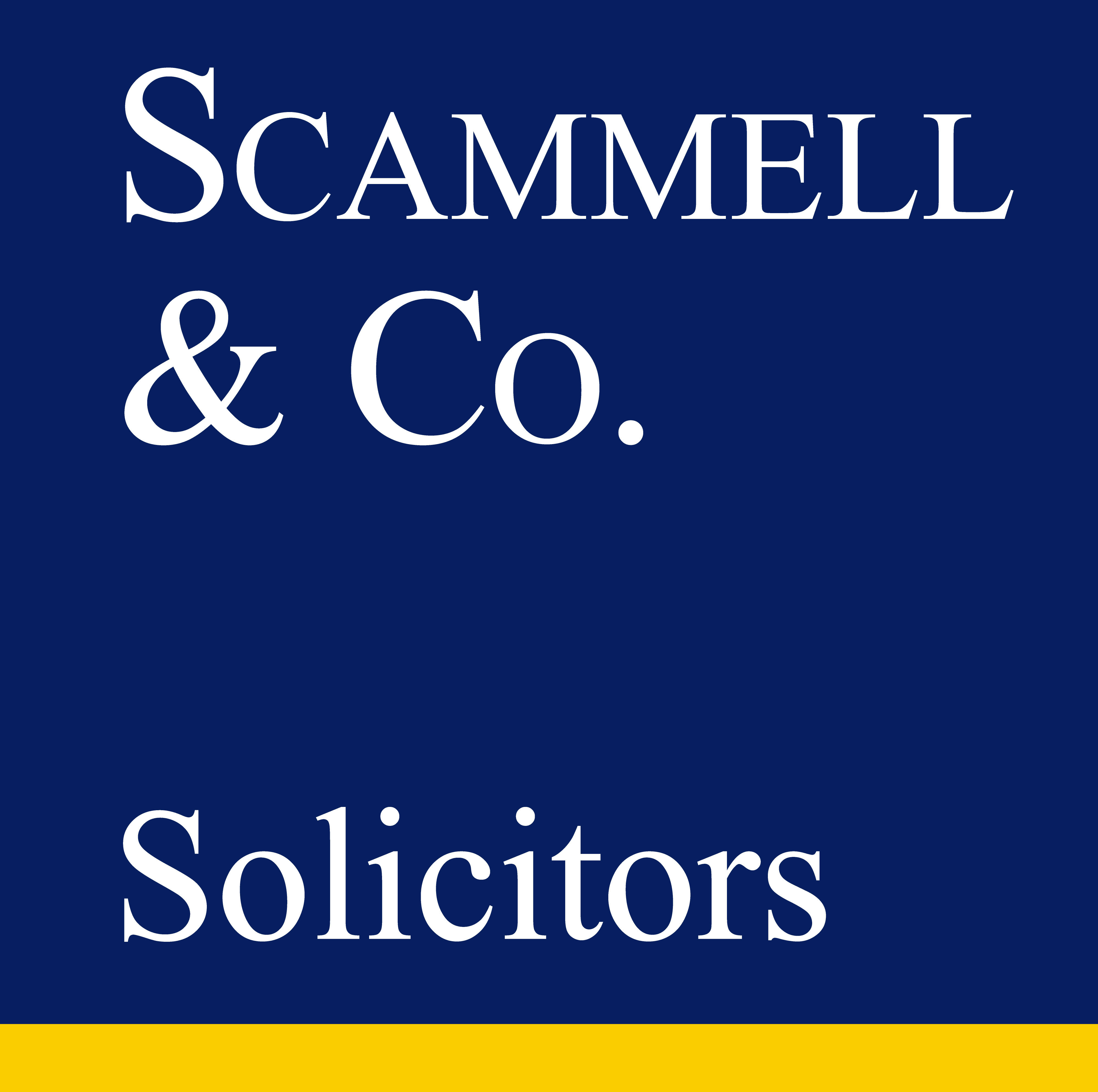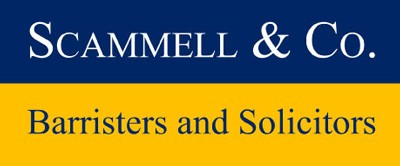Conveyancing Gawler
Obligation-free quotes – Competitive fees
Conveyancing Services Gawler
Buying or selling your home or commercial property is one of the largest transactions you will undertake. To ensure the complex settlement process goes smoothly, it is important to utilise the services of an experienced Adelaide conveyancer.
Scammell & Co offer a highly qualified and knowledgeable team of professional conveyancers whose primary focus is to take the stress and worry out of transferring property ownership.
As a general law practice Scammell & Co also have property law solicitors on hand who can (if necessary) advise on any legal issues which may arise.
Our conveyancing fees are very competitive with a standard fixed-fee for residential properties which includes attendance at the Land Titles Office and Verification of Identity (VOI) appointments.
Scammell & Co Conveyancers will manage the following important tasks:
- Review Contract and Form 1 documentation
- Conduct Certificate of Title searches
- Conduct searches of government departments and local authorities
- Provide advice on the effect of the contract
- Prepare and certifiy legal documents
- Conduct mandatory VOI appointments
- Stamp required documents
- Calculate adjustments of rates and taxes
- Prepare settlement statements
- Liaise with mortgagors and financiers; and
- Attend settlement at the Land Titles Office or manage electronic settlement via PEXA.
A Scammell & Co conveyancor can assist with:
- Residential houses, units, apartments and townhouses
- Vacant land
- Title updates
- Registering, changing or removing an easement
- Sub-divisions
- Commercial property
Contact us today for an obligation-free quote.


Our professional and experienced Conveyancing Gawler team is ready to assist you…

Tricia Jarvis

Anna Ardolino

Lindy Hoang
Frequently Asked Questions
What is conveyancing?
What does a conveyancer do?
When do I need a conveyancer?
Who do I need to notify of my conveyancer?
You will also need to inform your lender/mortgage broker as they will be liaising with your conveyancer in the lead-up to and at settlement.
What are searches?
Searches detail all information in relation to the land that the purchaser needs to know about — including whether or not it is heritage listed, if there are Environmental Protection Authority orders, a highway acquisition order or any council approvals on the land.
Searches also include any court orders or charges over the land that would need to be discharged before the land can change hands. Searches also disclose local council rates and taxes so the purchaser is aware of all ongoing fees associated with the land once they take ownership.
Do I need searches when purchasing a property?
What is VOI?
What happens if my loan is not ready at settlement?
If you fail to meet this date the vendor is within their rights to charge default interest – from the proposed date of settlement to when it actually settles.
It is important to seek advice from your mortgage broker or lender before you sign a contract. They will advise you of the time needed to secure finance approval. If extra time is required it can be factored into the contract (finance clause). If after signing a contract extra time is required, you will need to approach the real estate agent to request an extension (known as an addendum) to the date of finance or settlement. The addendum will need to be signed by all interested parties.
Do I need to pay stamp duty and when is it payable?
What is Electronic Conveyancing?
* Conditions apply.
Do I need to attend settlement?
When do I get the keys to my house?
What is the difference between property ownership as joint tenants versus tenants-in-common
You cannot, in your Will, leave your share of the property to anyone else.
If you and your spouse/partner have purchased a property as tenants-in-common then your share in the property is held separately and, after your death, your specific share forms part of your estate and is distributed in accordance with your Will. If you do not leave a Will then your estate, including your share in the property, is distributed in accordance with the laws of intestacy.
What is my right to cool off?
I have purchased a house prior to auction and the selling agent has asked me to waive my cooling-off rights. What should I do?
I have sold my house and it looks like the purchaser will not be able to settle on the agreed settlement date. What should I do?
I have recently separated from my spouse and we have agreed that ownership of the matrimonial home will be transferred to me. What should be my next step?
Separated parties are often not fully aware of their rights and entitlements following a separation. They should therefore seek advice and formalise in writing any agreement reached for the division of assets.
Formal property settlement agreements can also avoid payment of stamp duty on your spouse’s share of the house, saving thousands of dollars. Scammell & Co. have family law solicitors who can help you.
What is a Section 7 Statement?
What is a Special Condition?
What is the insurance risk on sale of a property?
What are Stamp Duty and registration fees?
- Stamp duty.
- Registration fees.
Both are charged on sliding scales which increase according to the value of the property. These payments are normally made by the Purchaser (but the government reserves the right to collect from both Vendor and Purchaser). As a rough guide you should allow 5% of the purchase price for these fees.
Does Goods and Service Tax (GST) apply?
Scammell & Co.’s solicitors can advise you whether GST applies to your transfer. It is usually 10% of the purchase price.



